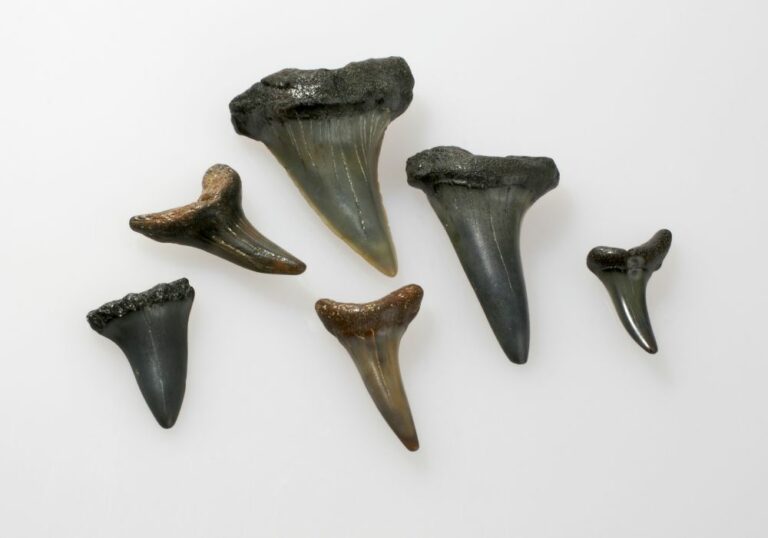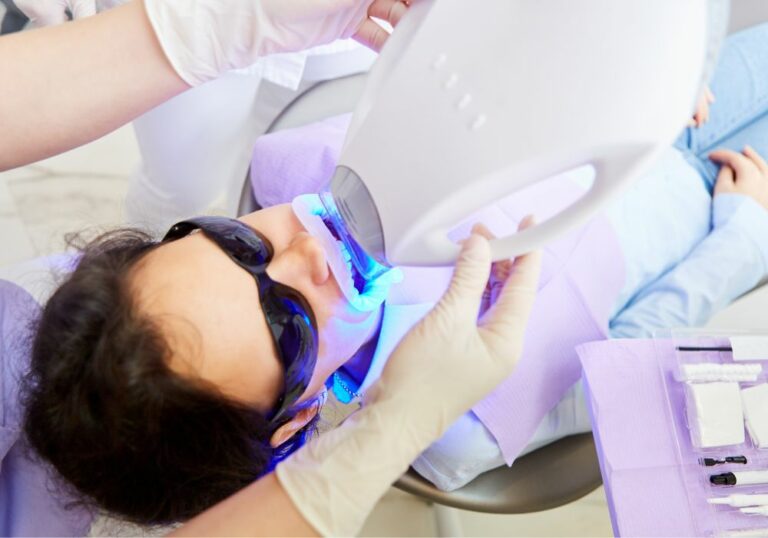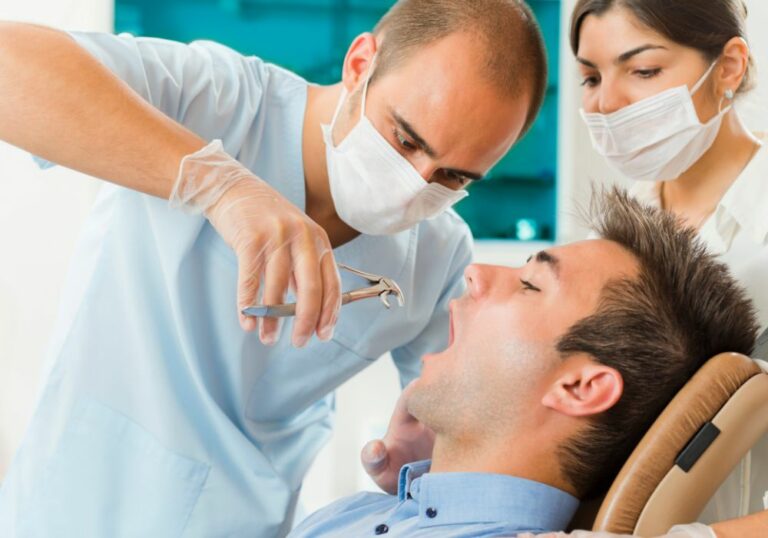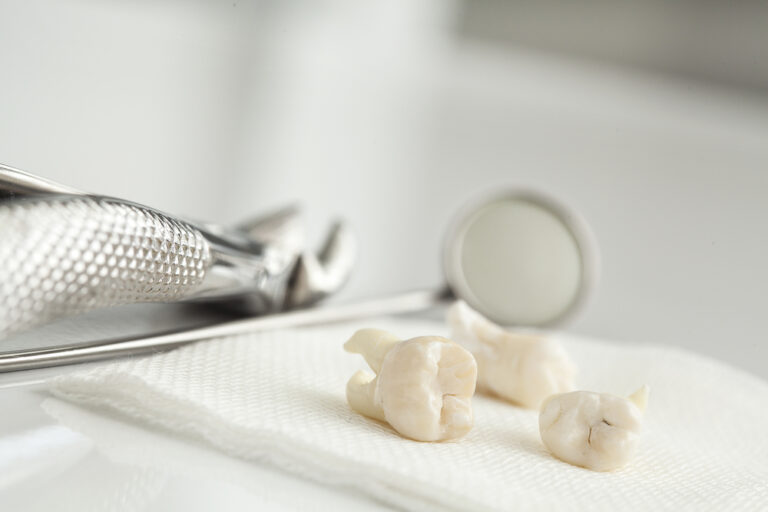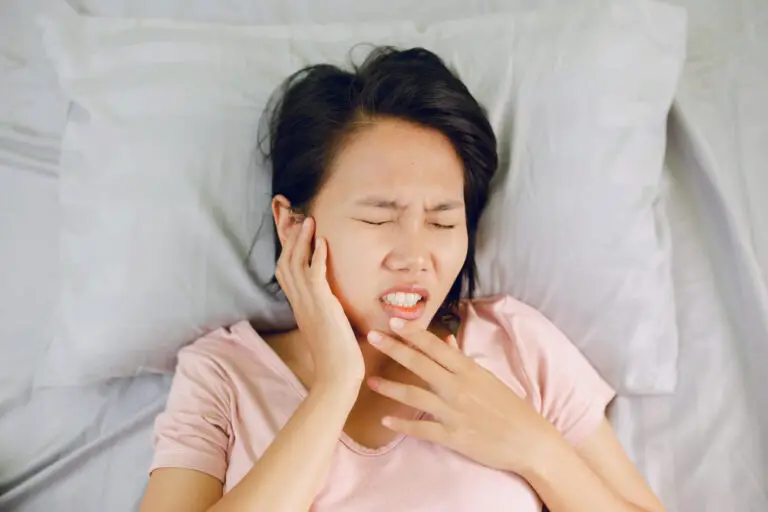Facing any type of dental work can be stressful and provoke feelings of anxiety in even the most stoic of people. But getting teeth extracted often tops the list of most-feared dental procedures. The thought of having a tooth forcibly pulled out by the roots understandably fills many people with major dread and apprehension.
For those about to undergo their first extraction, the fears are amplified by the unknowns of the process. Those who have already been through the experience may be plagued by memories of past difficulties and painful recovery. This anxiety is entirely valid and should be discussed with your oral surgeon.
The good news is that modern dentistry offers many pharmacological and psychological techniques to alleviate anxiety before and during tooth extraction. While the anticipation of oral surgery can be distressing, there are solutions to make the process as smooth and comfortable as possible. Getting informed can help ease your mind.
Understanding the Causes of Dental Anxiety
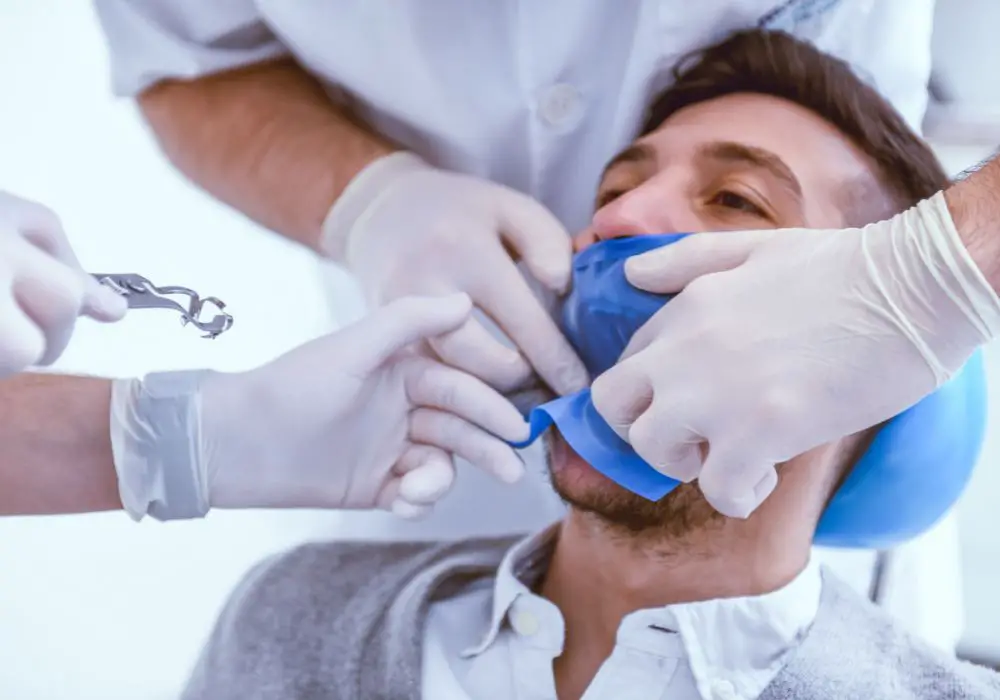
Fear and anxiety about dental procedures is incredibly common. According to studies, up to 30% of people report some anxiety about visiting the dentist. Getting teeth extracted tends to provoke even more fear and apprehension. There are a number of reasons why tooth extractions make people so anxious:
Fear of the Unknown
For those who have never had a tooth extracted before, the fear stems from the unknown. They don’t know what to expect, how much it might hurt, how long it will take, or how they will handle it emotionally. The anticipation of a new, unpredictable experience can be frightening.
Fear of Pain
This is the most prevalent cause of dental anxiety. Many people build up the idea of tooth extraction to be an excruciatingly painful procedure. They anticipate the worst in terms of how much it will hurt when the tooth is pulled or when the anesthetic is administered. This leads to avoidance of necessary extraction.
Loss of Control
Being in the dentist chair unable to move or speak can cause people to feel trapped and powerless. The idea of someone performing a procedure on your mouth when you are unable to stop it leads to fear for some patients. They dread not being in control.
Embarrassment
People may feel ashamed or embarrassed about the state of their oral health and feel judged by the dentist. For example, someone who has avoided the dentist for years may feel extreme embarrassment and anxiety about finally going in for an extraction.
Fear of Choking or Gagging
Some patients express fear about choking, gagging or being unable to breathe when their mouth is worked on. This is an example of how the fear can sometimes be out of proportion to the actual risk.
Fear of Needles or Drilling
Phobias about needles, drilling, blood, or other aspects of the extraction process can cause anxiety for certain patients. The sights, sounds, and sensations provoke dread.
Negative Past Experiences
Past traumatic dental experiences like painful or difficult extractions can plant the seed for current anxiety. The memories get associated with the procedure.
Physical Symptoms of Anxiety
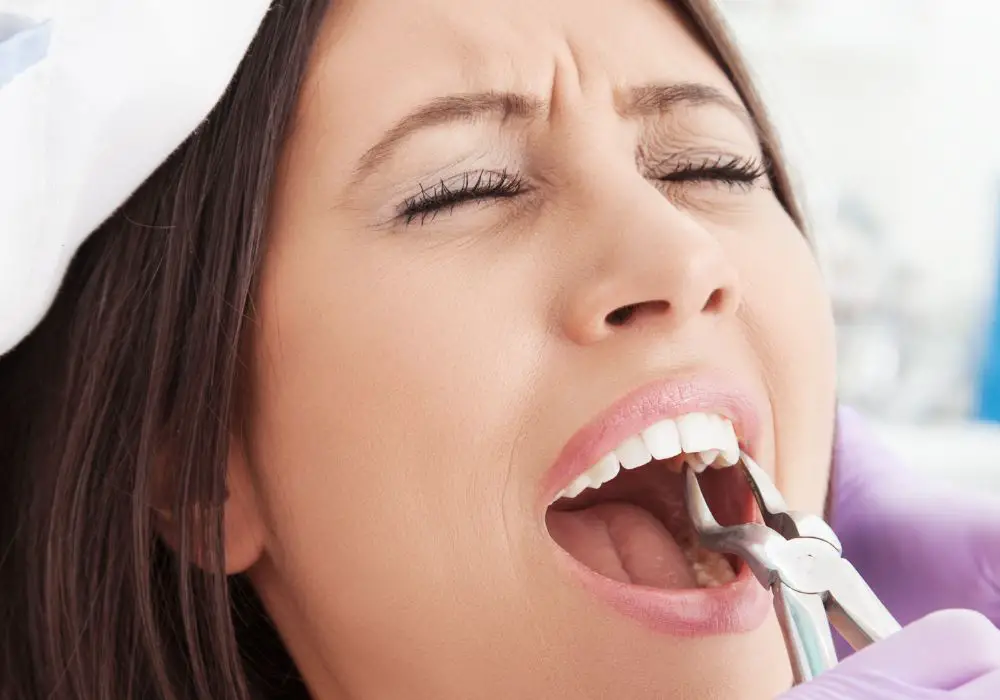
When anxious about tooth extraction, people experience a wide array of physical symptoms as part of the body’s natural stress response:
- Muscle tension, jaw tightness
- Headache, neck ache
- Nausea, stomach ache, diarrhea
- Sweating, chills
- Trembling, shaking legs
- Increased heart rate and blood pressure
- Difficulty breathing, feeling smothered
- Dizziness, lightheadedness
- Fatigue, insomnia
These reactions are all normal and expected when you’re under stress. They may be unpleasant, but are not dangerous. Trying to resist or suppress anxiety tends to worsen symptoms.
Options to Manage Dental Anxiety
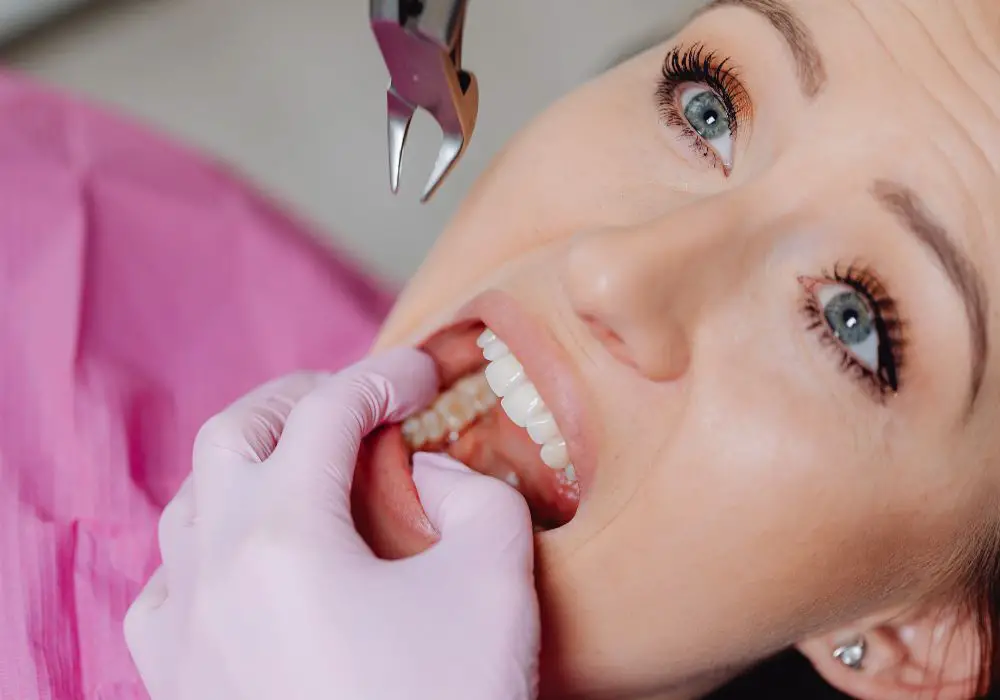
There are many effective options to help minimize anxiety before and during dental extractions. These include:
Prescription Anti-Anxiety Medication
Medications like Valium help relax the body and mind before a stressful procedure. They promote calmness and sedation when taken before an appointment.
Laughing Gas
Nitrous oxide provides quick, safe sedation and pain relief. It’s inhaled through a mask during the extraction. The effects wear off soon after.
Oral Sedatives
Sedative drugs given in pill form about an hour before a procedure help induce relaxation. Common options are Halcion, Ativan, or Restoril.
IV Sedation
IV sedatives produce a deeper state of sedation or “twilight sleep”. You are able to respond during the procedure but have no memory of it afterward.
Therapy
Cognitive behavioral therapy helps retrain the mind’s anxious response to dental stimuli. It promotes more realistic thinking and increased coping skills.
Relaxation Techniques
Deep breathing, meditation, guided imagery, and mindfulness can effectively manage stress. Dentists may guide patients through these during the procedure.
Questions and Answers
Here are answers to some frequently asked questions about managing anxiety over tooth extraction:
Q: How soon before my procedure should I take anti-anxiety medication?
A: Most oral sedatives and anti-anxiety meds need to be taken about 60 minutes before your appointment to achieve optimal effects. Follow your dentist’s specific instructions.
Q: What if I have a gag reflex or feel nauseated?
A: Tell your dentist immediately if you feel any nausea. They can adjust your position and take a break so you don’t get sick. Some dentists may prescribe anti-nausea medication as a precaution.
Q: Do I need a driver after taking sedation medication?
A: Yes, you absolutely need to arrange for transportation since sedation drugs can impair reflexes for several hours after your appointment. You should not drive or operate heavy machinery during this period.
Q: Can I just use laughing gas without other sedation?
A: Yes, nitrous oxide alone is commonly used to manage anxiety without loss of consciousness. The effects wear off within minutes after your procedure is complete.
Q: How long is recovery after an extraction?
A: With proper aftercare, the extraction site should fully heal in approximately 1-2 weeks. However, it takes around 3-6 months for the open socket to completely fill in with new bone growth.
In Conclusion
Getting your teeth pulled provokes anxiety for most patients. However, there are many pharmacological and behavioral tools to help you relax before and during extraction. Be open with your dentist about your fears. With modern sedation dentistry, the procedure can be made comfortable. Look for an oral surgeon who prioritizes patient comfort above all else.

